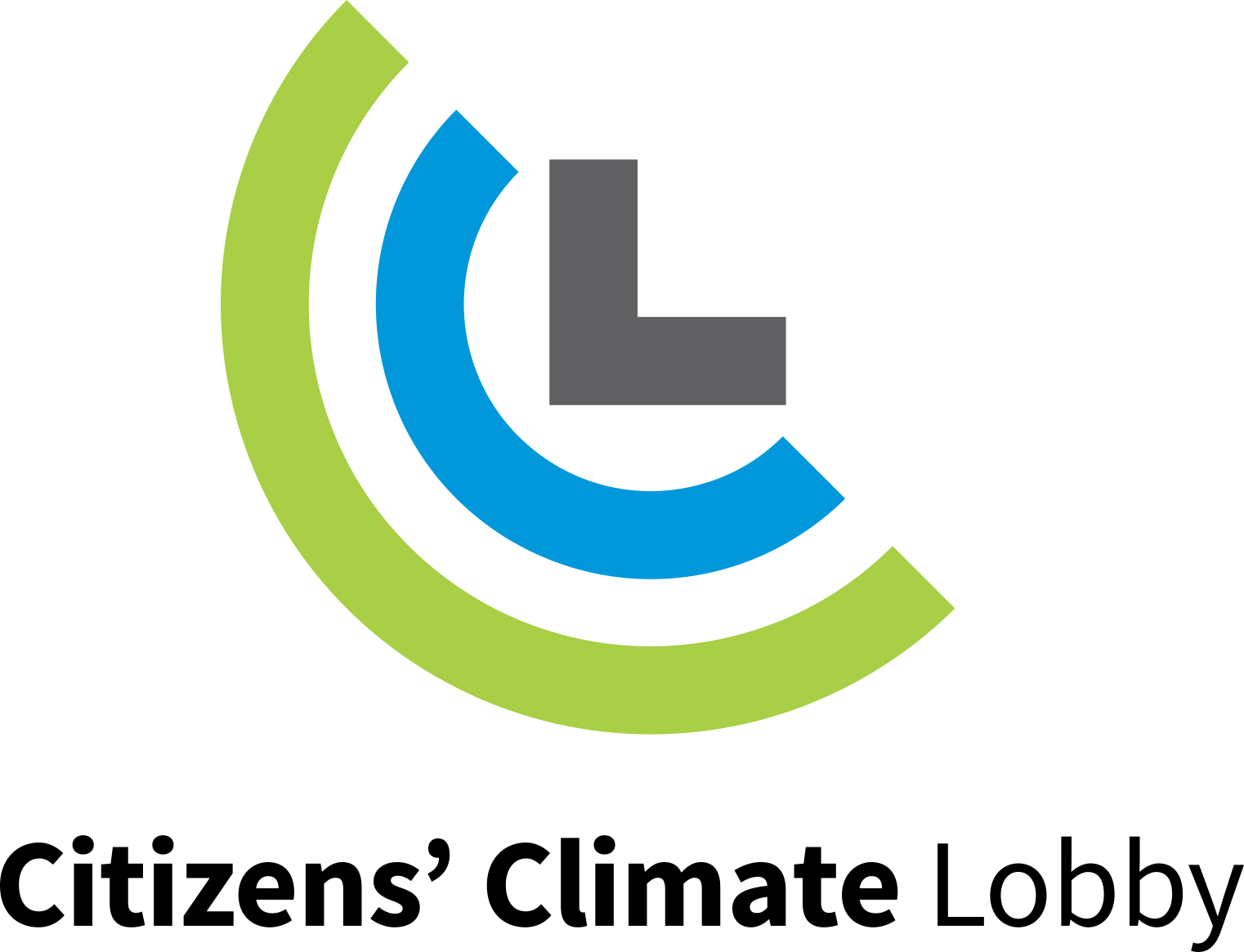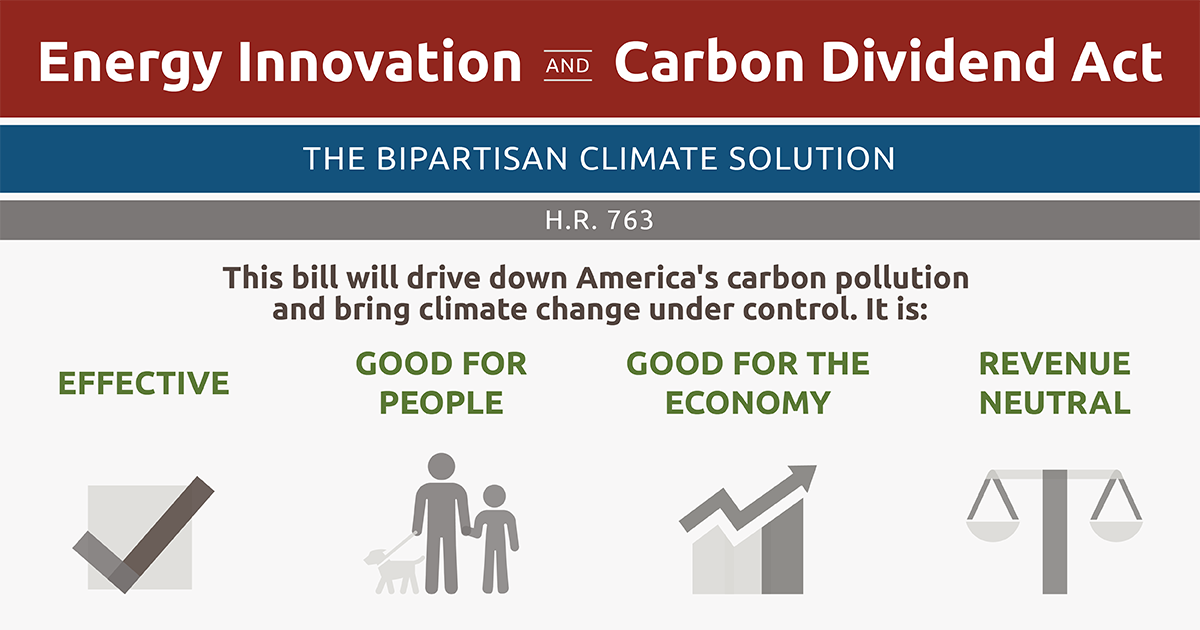For a lot of my life, I thought the idea of voting with your dollars was brilliant, especially when it came to the climate. Whether it was buying organic every now and then or carpooling, I lived by that idea as much as I could. Over time, I learned this method is not the best at fixing the climate, but how effective it could be was something I still wondered.
After reading Michael Maniates’ piece on individualization, I was primed to understand that working alone at the individual level is futile against the power of private corporations. These companies work under the radar and through the consumer subconscious to gain profit under the guise of going green. In doing this, they seek to pin the blame and responsibility of climate change on the people who have the least power to create lasting change (Maniates 43).

Targeting transportation and electricity were of the biggest parts of Our Climate’s Evergreen New Deal. Source: https://www.seattletimes.com/seattle-news/washington-state-carbon-emissions-spiked-6-percent-in-most-recent-tally/
And when I worked with Our Climate for this course’s action project, I gained crucial, direct knowledge on the capability and power of collective action while going directly to policy. On one hand, you have corporations selling you easy activism and pocketing the same money they would have made before green movements. On the other, you have NGOs pushing for policy to the people who the most power. The former has never permeated culture to the point where it makes large or lasting change, but looking at what Our Climate has done in just the last legislative session by updating old carbon laws, impacts will affect this and future generations. Furthermore, we could use votes on previous climate policies to garner even more support for future policies like the Evergreen New Deal.
When we lobbied to Representative Tina Orwall as the final task for Our Climate, I saw how receptive she was to new ideas and policies like the Evergreen New Deal, and it emboldened me. Other fellows told us their experiences were lukewarm. Their representatives were not very approachable and rejected the climate policies. While Representative Orwall wanted to know more about the Evergreen New Deal, beyond that it was broadly for transportation and to hold corporate polluters accountable, she was very interested in learning more when the policy was more solidified, and even connected us to more people who would also want to hear what we had to say. Coming from that, I felt like coming together was more powerful than fractured efforts that end up making the same big corporations richer, confirming what Maniates taught me.
Works Cited
Maniates, Michael F. “Individualization: Plant a Tree, Buy a Bike, Save the World?” Global Environmental Politics, vol. 1, no. 3, Aug. 2001, pp. 31–52.


